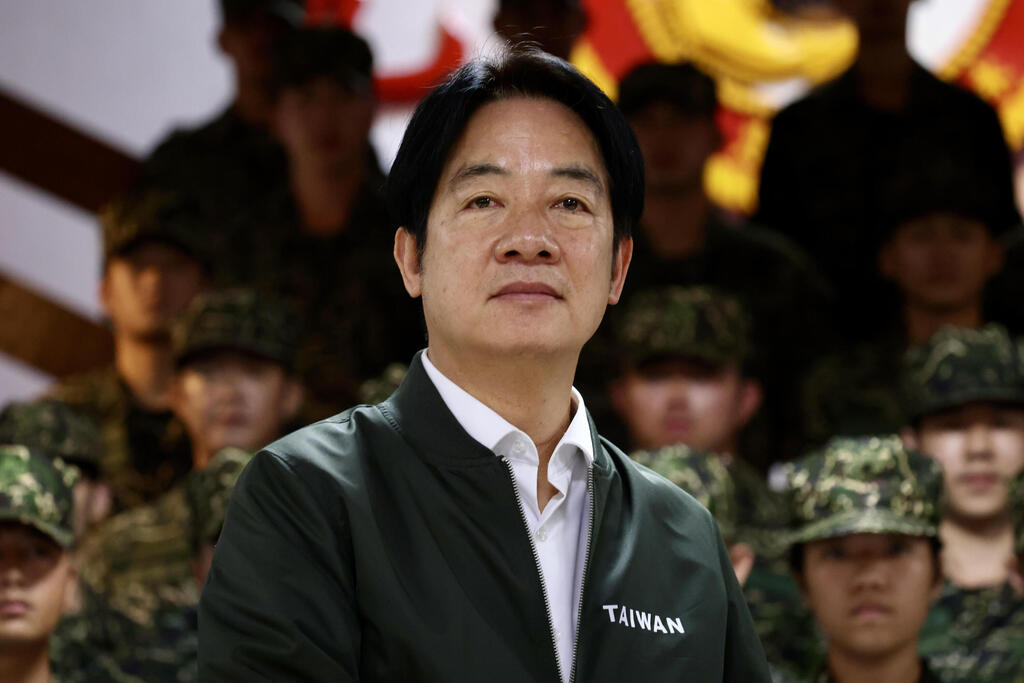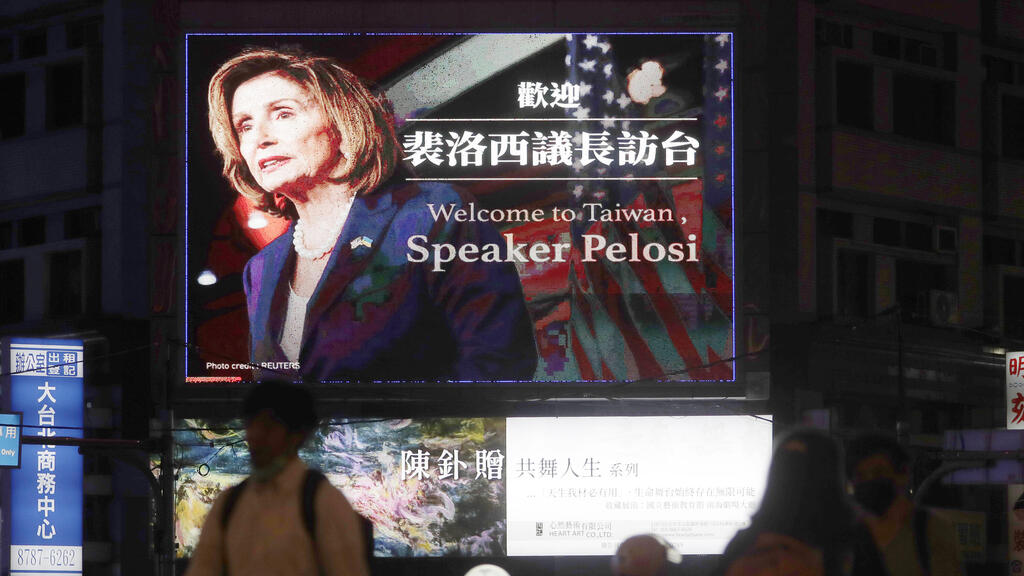Getting your Trinity Audio player ready...
As Chinese warplanes buzz the skies around Taiwan and naval vessels encircle the island, the urgency of the situation in the Taiwan Strait has never been more palpable. This is not a drill; it’s a calculated display of power by Beijing aimed squarely at Taipei and its allies, particularly the United States. The stakes are high, and the world watches with bated breath as the geopolitical tensions escalate.
China's recent military exercises, codenamed "Joint Sword-2024A," involve a formidable show of force, with aircraft and ships conducting maneuvers designed to simulate a blockade and potential assault on Taiwan. These drills are a stark reminder of Beijing's resolve to bring the self-governed island under its control, by force if necessary. The message is clear: any move towards Taiwanese independence will be met with severe repercussions.
In response, Taiwan has mobilized its defenses, scrambled jets and put missile, naval, and ground units on high alert. President Tsai Ing-wen, a steadfast advocate of Taiwan's democratic values, has vowed to defend the island against any form of aggression. Her administration, representing the Democratic Progressive Party (DPP), continues to strengthen ties with the United States, seeking to bolster Taiwan's defensive capabilities amidst growing threats from the mainland.
The backbone of this fraught yet crucial relationship is the Taiwan Relations Act of 1979. Enacted after the U.S. officially recognized the People's Republic of China and severed formal diplomatic ties with Taiwan, this Act obligates Washington to provide Taiwan with the means to defend itself. However, it stops short of committing U.S. forces to Taiwan's defense, embodying the principle of strategic ambiguity.
This policy of strategic ambiguity is a masterclass in diplomatic tightrope walking. It aims to deter Beijing from attempting a forcible reunification of Taiwan while simultaneously discouraging Taipei from declaring formal independence.
This delicate balance seeks to maintain the status quo, preventing a flashpoint in the Taiwan Strait from erupting into a full-blown conflict. Yet, the U.S. commitment to Taiwan is far from hollow. Washington's support includes substantial arms sales, encompassing advanced defense systems like Patriot missiles, F-16 fighter jets, and sophisticated naval vessels. These transactions are more than just commercial deals; they are strategic signals of unwavering support for Taiwan’s right to self-defense.
Moreover, the relationship is deepened through regular military training and joint exercises, enhancing the readiness and interoperability of Taiwanese forces. U.S. military advisors play a crucial role in preparing Taiwan to fend off potential aggression, ensuring that the island remains a formidable opponent.
The recent intensification of Chinese military activity around Taiwan has alarmed the international community. High-level visits by U.S. officials to Taiwan, such as the historic visit by former House Speaker Nancy Pelosi, underscore America's commitment to Taiwan's security and democratic values. These visits are symbolic yet significant, reinforcing the U.S.'s stance against Chinese aggression.
Despite these assurances, the policy of strategic ambiguity remains a cornerstone of U.S. foreign policy. It deters Beijing while preventing Taipei from taking steps that might provoke a military response. This approach, however, is not without its risks. The potential for miscalculation looms large, and a single misstep could ignite a conflict that neither side desires but both must be prepared for.
 Prof. Ilan Alon Photo: Courtesy
Prof. Ilan Alon Photo: CourtesyIn conclusion, the Taiwan-U.S. relationship is a testament to the complexities of modern geopolitics. It is a delicate dance of power, principles, and pragmatism. As the shadow of China's ambitions looms ever larger, maintaining this balance is crucial. The world must ensure that Taiwan, a beacon of democracy, continues to shine brightly in the face of adversity.
- Prof. Alan Alon is dean of the School of Economics at the College of Management




